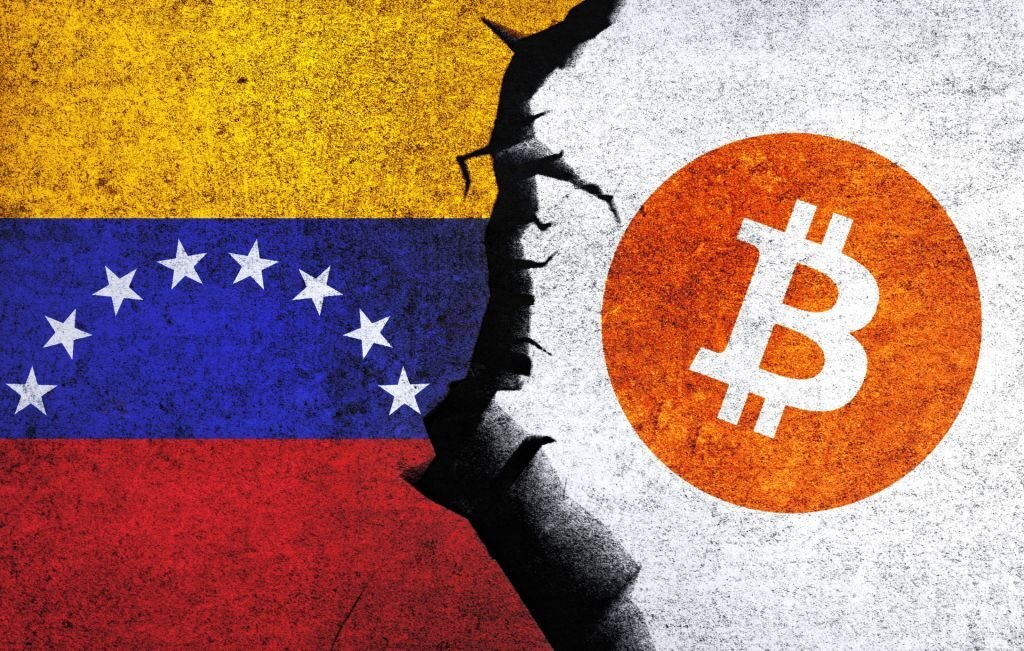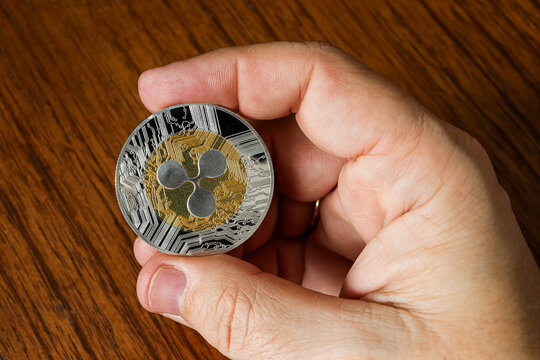Venezuelan authorities have announced the successful reclamation of a notorious prison, Tocorón, which the powerful Tren de Aragua criminal gang had long controlled. What was discovered inside the facility has raised eyebrows worldwide: a hidden Bitcoin (BTC) mining operation.
The prison, previously known for its luxurious amenities such as a nightclub, swimming pool, and mini zoo, now stands as a testament to the audacious exploitation of cryptocurrency amid criminal control.
Bitcoin Mining Facility Under Criminal Gang Control
During the recapture of Tocorón prison, Venezuelan authorities made a startling discovery: a Bitcoin mining facility tucked away within the prison walls. Numerous Bitcoin machines were found, shedding light on how inmates utilized the digital currency to profit from criminal activities.
The question looms is how a criminal organization acquired many Bitcoin mining machines and successfully smuggled them into a heavily guarded prison facility.
The origin of these machines, the means of their entry into the prison, and the apparent lack of intervention raise serious concerns.
| Cárcel de Tocorón: descubrieron hasta máquinas de minería de bitcoin (BTC) en centro penitenciario. pic.twitter.com/h4mb2ZyBEK
— Alerta Mundial (@AlertaMundial2) September 21, 2023
The intricate logistics surrounding the transportation of these machines within the country, evading prison control checkpoints, remain shrouded in mystery. Additionally, the source of electricity that sustained the mining operation within a country plagued by frequent blackouts is another pressing enigma.
An organization capable of amassing thousands of ammunition would also possess various technological and mining devices, exploiting illicit opportunities in a country where criminal organizations seek to defraud, steal, and capitalize on technological advancements.
While Bitcoin has existed for many years, cryptocurrencies are gaining increased recognition in Venezuela due to persistent inflation and economic instability.
This dire situation has compelled criminal organizations to engage in scams and theft, with some even accepting cryptocurrencies like Bitcoin as payment for ransoms and fraudulent activities.
Significantly, state regulators initially ordered a halt to crypto mining in March following an investigation into a large corruption scheme allegedly involving using crypto wallets to redirect payments owed to the state-run oil company, Petróleos de Venezuela SA.
The alarming aspect is that gang members and criminal organizations brazenly conducted Bitcoin operations within prisons without facing any consequences.
This flagrant scenario has shocked the international community, while Venezuelans, accustomed to such events unfolding without repercussions, observe them indifferently.
As authorities delve deeper into the intricate web of criminal activities, technology, and corruption, a comprehensive investigation is underway to uncover the full extent of this astonishing revelation.
The largest cryptocurrency in the market is trading at $26,580, reflecting a marginal increase of just 0.1% within the past 24 hours.
Featured image from iStock, chart from TradingView.com










